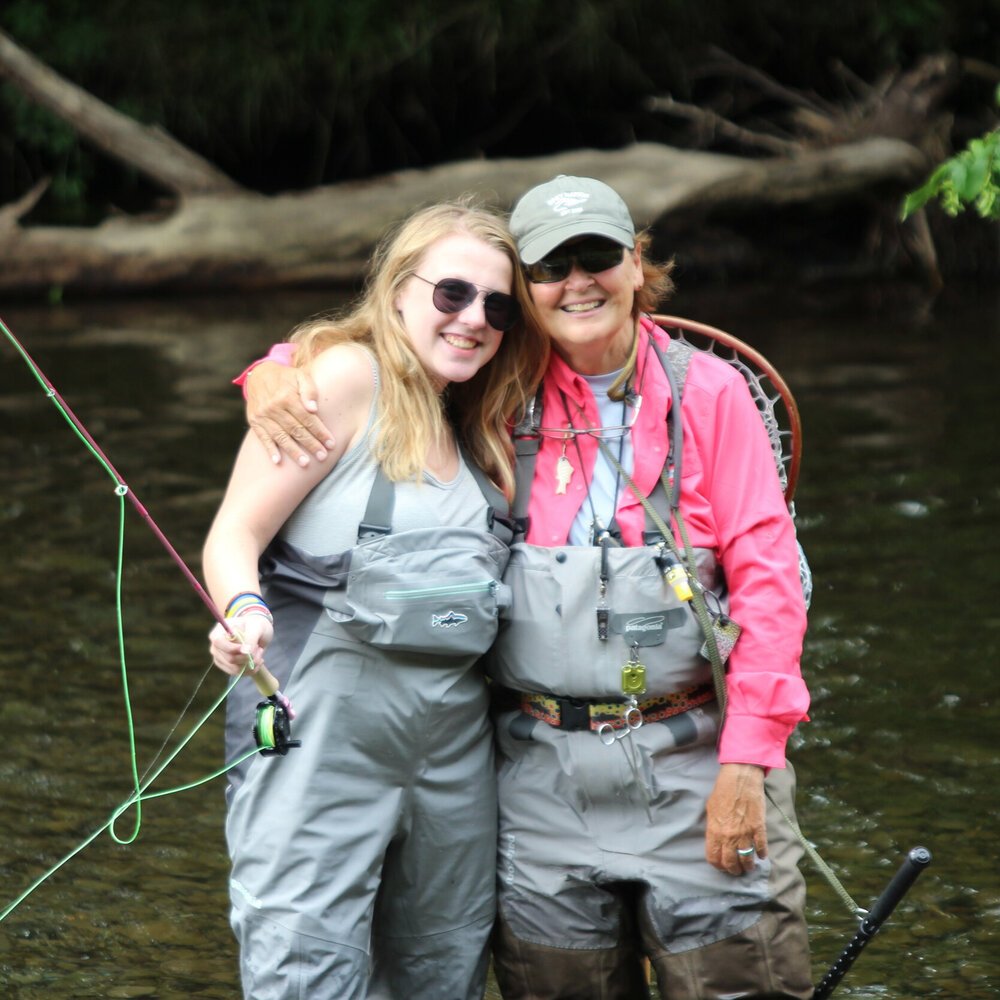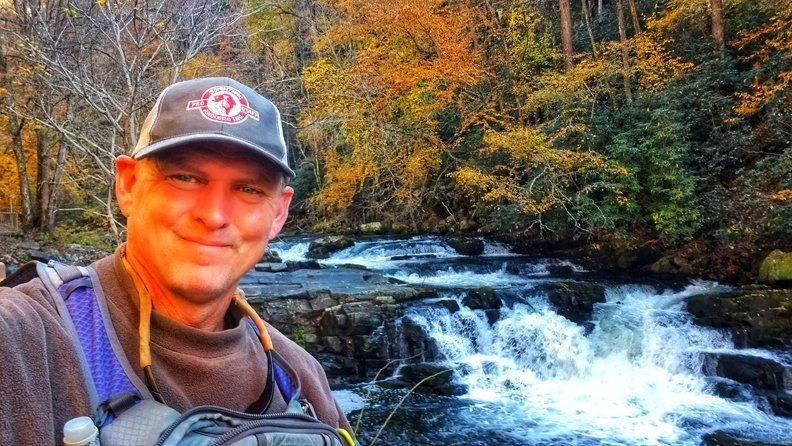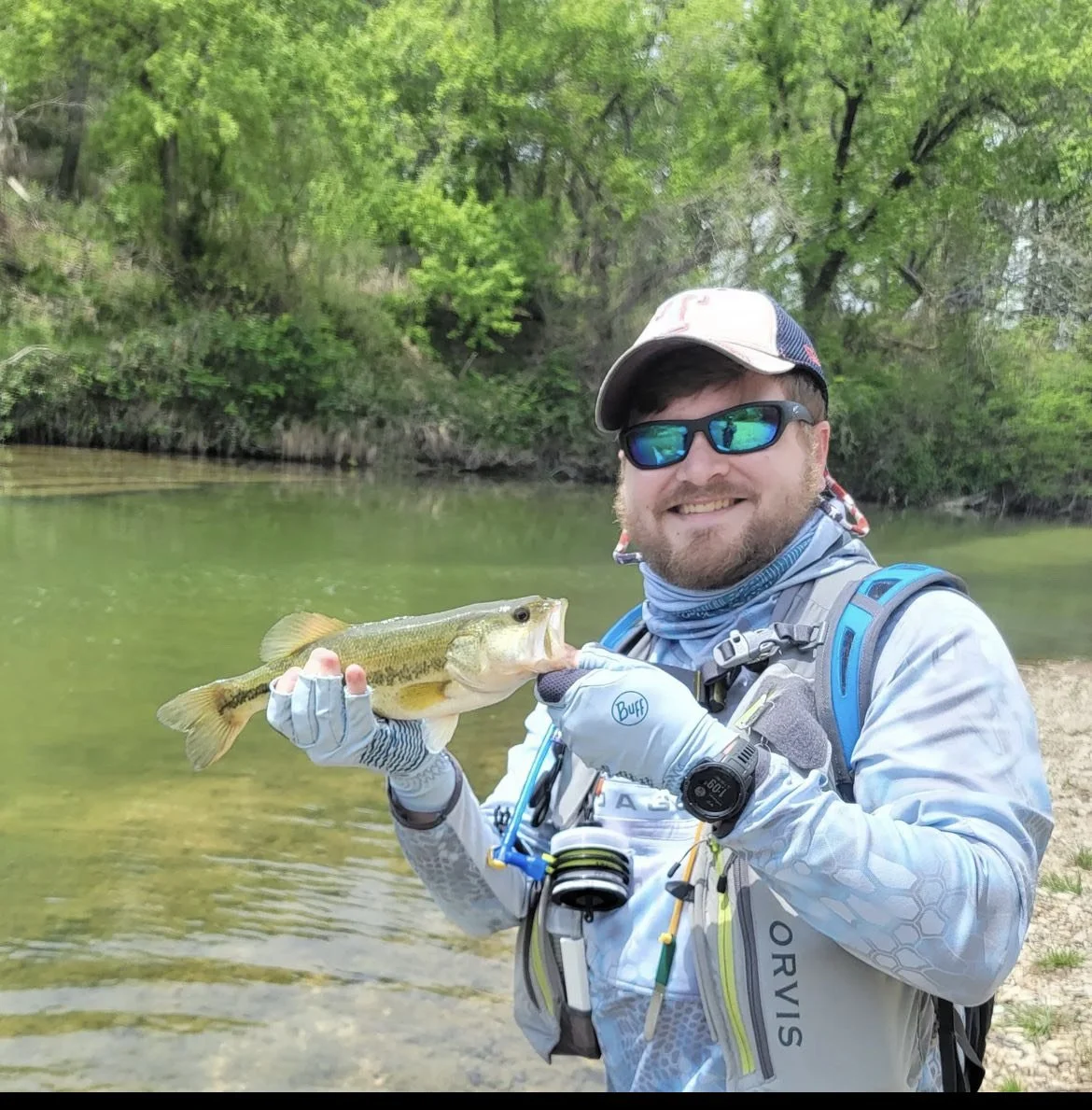Teaming Up With Fly Fishers International
Established in 1964, Fly Fishers International (FFI) has devoted itself to a mission of advocating for “All fish, All waters” by promoting the importance of angling ethics, public land protection, and taking action against climate change. Their cause has been instrumental in making fly fishing a welcoming community, through education, advocacy, and inclusivity.
At Science on the Fly, we recognize and depend on collaboration to invoke positive change on rivers worldwide, which is why we jumped on the generous opportunity to work alongside FFI. Support from FFI’s Conservation Grant and its members allows SOTF to continue expanding its reach, while enabling FFI to actively aid in the collection of valuable water samples that will help monitor the water quality on many new rivers across the country. These data collected can both inform campaigns advocating for healthy rivers ecosystems and also insight on how our watersheds are changing over time due to climate change.
In collaboration with six FFI members, we have added eleven sampling sites on eight rivers across the country. Our newest volunteers will serve as “River Leads”, collecting monthly water samples or overseeing collections by FFI members who may want to participate in this project. The FFI members began collecting samples in June with the idea that this will become a long-term collaboration. All samples will be sent for analysis to the Woodwell Climate Research Center. On top of monthly collections, volunteers will install HOBO water temperature loggers, providing consistent information on yearly temperature fluctuations at each of these new rivers.
The interactive map below illustrates the new sampling locations we have added across the U.S. in partnership with FFI members!
Each of the sites gained from this partnership serve as valuable additions to the ever growing network of rivers SOTF monitors:
Southern California: From the help of two members, we have doubled the number of rivers we monitor in the nation’s most populous state. These rivers, such as the San Diego, are informing our understanding of the impacts on urbanization and human disturbance on waterways.
Northern Florida: Sampling on the St. Marks and Wacissa Rivers has helped expand our project into Northern Florida, where coastal river ecosystems are increasingly threatened by sea level rise, algal blooms, and climate change.
Texas Hill Country: Sampling on the San Gabriel River in the Texas Hill Country will provide complimentary data to waste water treatment issues, like the ongoing Fight for Brushy Creek, and insight into the effects of climate induced drought.
New York: The Neversink River is an important part of the Catskill Watershed, which provides 1.3 billion gallons of water a day to approximately 9 million residents in NYC.
North Carolina: The Tuckasegee River provides us with a welcome reminder of nature’s resilience, transitioning from a one of the most polluted rivers in the state to a trophy trout stream today!
From right to left: Gary Strawn, Sam Decker (right), Mac Brown, Tom Logan, Craig Porter (third from left), and Jacob and Amanda Sherwood
The generosity and commitment of likeminded organizations such as Fly Fishers International has allowed us to expand this project to an unimaginable scale. As our newest volunteers from FFI continue sampling their rivers for years to come, our understanding of these waterways will grow. Only through collecting continuous water samples, can we tell the story of these rivers and take informed action to protect them for generations to come.
While we both run lean operations, the work we do is costly, and organizations such as SOTF and FFI depend on the generosity of individuals like yourself to continue creating positive change on our rivers. Any donation of your time or money goes directly back into supporting the cause to create an inclusive fly fishing community and protect our waterways for future generations.







